
Report Highlights Rampant Sexism and Harassment Faced by Female Soldiers in Army Special Operations
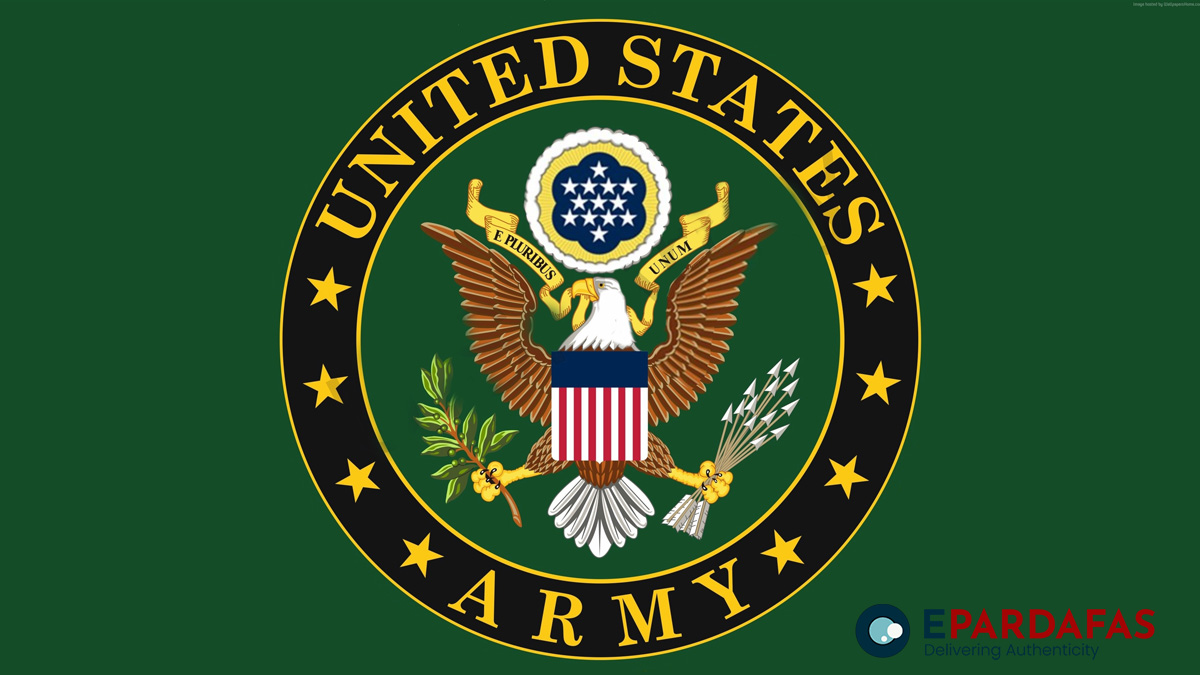
A recent report by the U.S. Army Special Operations Command has shed light on the concerning prevalence of sexism, harassment, and gender-related challenges faced by female soldiers within male-dominated Army special operations units. This disheartening revelation comes eight years after the Pentagon granted women access to all combat jobs.
The extensive study conducted by the U.S. Army Special Operations Command has exposed a range of “overtly sexist” remarks made by male soldiers. These remarks underline a strong bias against women serving in commando units, suggesting that women do not belong in special operations teams.
Comments such as “The idea that women are equally as physically, mentally, and emotionally capable to perform the majority of jobs is quite frankly ridiculous” and statements expressing aversion to serving alongside female comrades reflect the persistent gender-related challenges that have plagued the integration of women into front-line combat roles.
The comprehensive study surveyed over 5,000 individuals assigned to Army special operations forces, including both male and female troops as well as defense civilians. The report highlighted that the negative attitudes towards women in these units primarily originated from senior noncommissioned officers, indicating a potential generational factor.
This negative sentiment echoes concerns expressed by special operations personnel in 2015 when surveyed about women’s inclusion in dangerous commando roles. In response to such concerns, the then-Defense Secretary Ash Carter took a landmark decision to open all combat jobs to women, acknowledging the substantial contributions and sacrifices made by women on the battlefields of Iraq and Afghanistan.
However, the recent report underscores that gender biases and resistance to women’s presence in combat roles still persist. Female soldiers recounted instances of sexism, isolation, inadequate equipment, lack of childcare and healthcare, and a pervasive belief that they are overlooked for positions in favor of less qualified men.
In addition to these challenges, male soldiers exhibited mixed views on the inclusion of women in special operations. While some believed that women deserve equal chances and respect, others voiced reservations about working alongside female counterparts. Some derogatory comments even suggested that women pursuing special operations assignments were primarily seeking personal relationships.
The report included a total of 42 recommendations to address the pressing issues. These recommendations cover areas such as training, sexual harassment awareness, mentorship programs, and healthcare improvements. Despite the strides made in certain areas, the report emphasizes that gender bias remains deeply ingrained in the structure and operation of special operations forces.
The study also highlighted the need for a change in mentality regarding gender-specific accommodations, such as properly fitting body armor, helmets, and gear. The report concluded that the special operations community must undergo a shift in perspective to ensure that adequate tools are provided to female service members, enabling them to perform at their best.
This report serves as a stark reminder of the ongoing struggles women face when integrating into male-dominated fields, and it underscores the urgent need for comprehensive and sustained efforts to address gender biases, harassment, and inequality within the military and beyond.
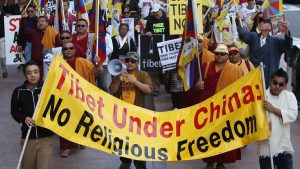
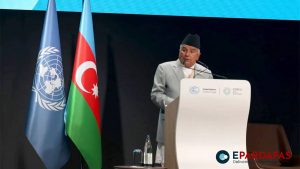
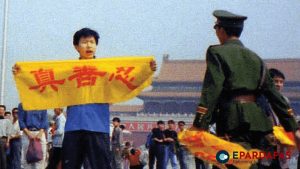
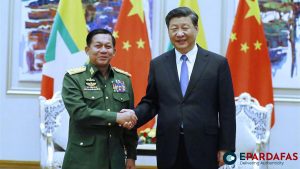
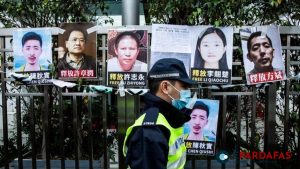
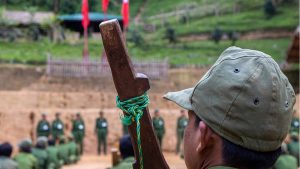
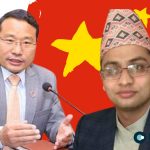




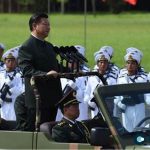
Comments